In an interview with a VNA reporter in Australia, Professor Carl Thayer from the Australian Defense Academy, University of New South Wales, highly appreciated the Draft Document submitted to the 14th National Congress of the Communist Party of Vietnam , especially in the content of elevating foreign affairs and international integration to a central and regular task.
According to him, this not only demonstrates the Party's strategic vision but also affirms Vietnam's determination and proactive role in the international arena during the integration period.
Professor Thayer commented that the world today is moving in two opposite trends: one side is globalization and multipolarization, the other side is strategic competition, polarization and division among the great powers.
Traditional and non-traditional security issues are increasingly intertwined, making the international environment more complex than ever.
To protect national interests and successfully implement long-term sustainable development goals, the Professor believes that Vietnam needs to build a comprehensive and effective approach at both bilateral and multilateral levels.
It is in this context that foreign affairs and international integration must become a central and regular task.
Referring to the national development viewpoint expressed in the Draft Document of the 14th National Party Congress, Professor Thayer said that the document correctly pointed out the bottlenecks that need to be removed: from perfecting institutions, unlocking resources to promoting the spirit of self-reliance and the aspiration to rise of the nation.
According to him, Vietnam is facing the risk of falling behind in the new era, with the highlight being the development of digital transformation, artificial intelligence (AI) and quantum computing.
Vietnam needs to grasp the wave of the 4.0 Industrial Revolution by promoting science and technology, innovation and transforming production methods, instead of staying out of the trend.
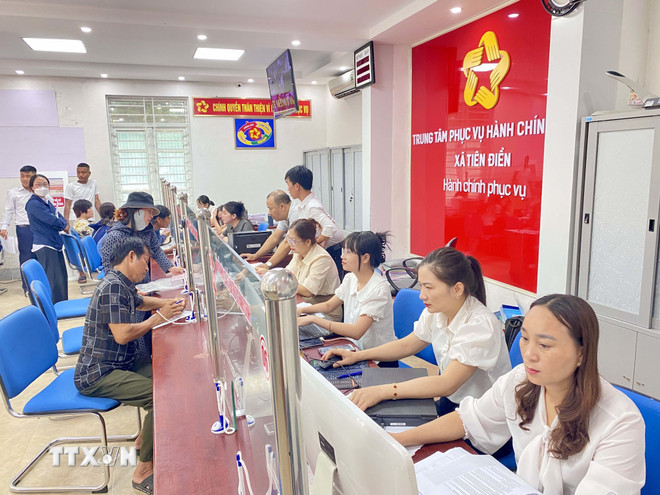
Professor Thayer reiterated the institutional reforms that Vietnam will implement from August 2024, such as streamlining the political apparatus, reducing overlaps and duplication between ministries, branches and sectors of the Party and the Government; merging provinces; and streamlining the district-level administrative apparatus.
He said that after the 14th National Congress, Vietnam's new streamlined political system needs to ensure that policies are effectively implemented at all levels, quickly resolving any bottlenecks or other obstacles that arise.
According to Professor Thayer, the Draft Document emphasizes the importance of decentralization and the role of people in monitoring policy implementation.
Vietnam's rise in the new era cannot rely solely on "top-down orders" but must rely on the power of consensus, by mobilizing the entire population to participate in this breakthrough process.
He considered this a time for Vietnamese people to be proud of their past, and at the same time to arouse patriotism, thereby inspiring people to support the country’s independent development and the rise of Vietnam in the new era. Throughout this process, culture has a great role and importance.
In the context of increasingly fierce strategic competition globally, building a self-reliant and self-reliant economy is not only an objective requirement of the country's development process, but also a prerequisite for protecting independence, sovereignty and national interests.
Professor Thayer highly appreciated the Draft Document's comprehensive proposal of a new economic model, emphasizing science and technology, innovation, digital transformation and the private sector as the main growth drivers.
Furthermore, the Professor also agreed with the goal of building globally competitive high-tech enterprises and forming a dynamic private sector and strongly supported promoting multilateral cooperation, considering this a top priority to create a combined strength with 14 comprehensive strategic partners of Vietnam.
According to Professor Carl Thayer, to achieve a self-reliant and self-sufficient economy, Vietnam needs to shift its labor structure from agriculture and manufacturing to enhancing the role of the technology sector by encouraging domestic and foreign investment, thereby improving productivity and competitiveness.
As a prestigious and experienced university researcher and professor, Professor Thayer is particularly supportive of reforming and modernizing the education and training system at all levels in Vietnam, aiming to build world-class research institutes, strengthen cooperation with international experts and the overseas Vietnamese community.
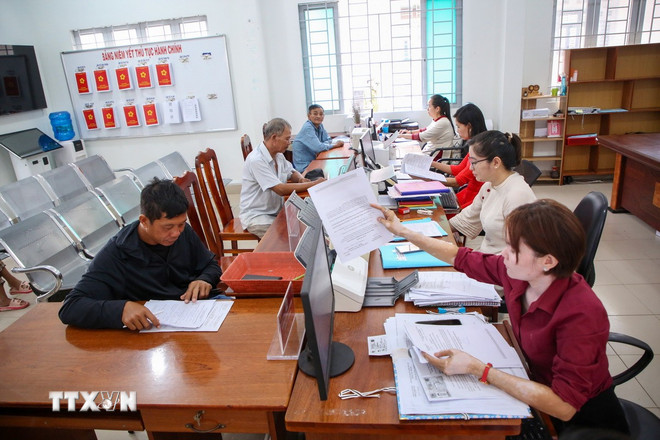
He stressed that all sectors of the Vietnamese economy must be digitalized and apply the latest technologies to innovate management and develop new productive forces.
At the same time, Vietnam needs to quickly implement appropriate legal and financial reforms, thereby supporting the development of the private sector, while modernizing strategic infrastructure, including economic corridors, high-speed railways, seaports, airports and Internet connectivity.
Vietnam also needs to narrow the digital gap between remote areas and provinces with ethnic minorities.
Developing a self-reliant economy does not mean closing the door or separating from globalization. Professor Thayer believes that with the increasing role of foreign affairs and international integration in the new era, Vietnam must become a leading country in multilateralism at the regional and global levels.
According to him, Vietnam should continue to support the United Nations and its system of development agencies, as well as strengthen its role in the Association of Southeast Asian Nations (ASEAN) and the Asia-Pacific Economic Cooperation (APEC) Forum.
The professor recommended that Vietnam should encourage members of the Regional Comprehensive Economic Partnership (RCEP) and the Comprehensive and Progressive Agreement for Trans-Pacific Partnership (CPTPP) to accelerate tariff cuts and remove trade barriers, while considering expanding the CPTPP to include new partners, including the European Union (EU).
In addition, according to Professor Thayer's suggestion, Vietnam should also expand economic cooperation with Middle Eastern countries, the South American Common Market (MERCOSUR) and other trade partners, and continue to support efforts to improve the effectiveness of the 14 signed free trade agreements (FTAs)./.
Source: https://www.vietnamplus.vn/goc-nhin-cua-chuyen-gia-quoc-te-ve-du-thao-van-kien-dai-hoi-xiv-cua-dang-post1077086.vnp





![[Photo] Action for the Community tells stories of enduring journeys – both intimate and great, yet quiet and determined](https://vphoto.vietnam.vn/thumb/1200x675/vietnam/resource/IMAGE/2025/11/15/1763179022035_ai-dai-dieu-5828-jpg.webp)


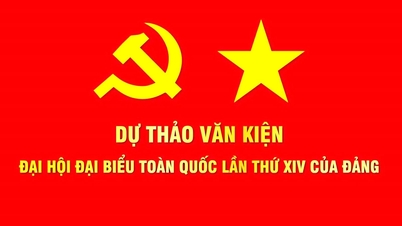





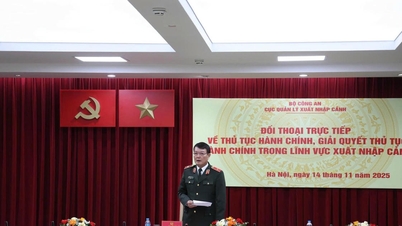



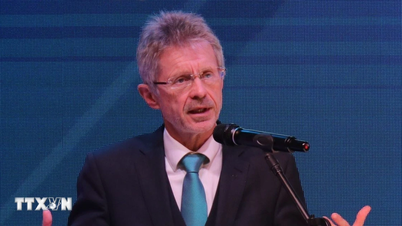
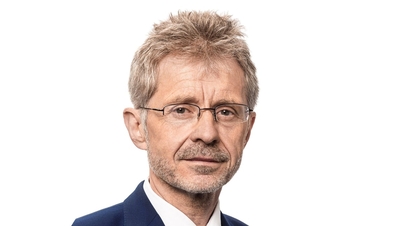

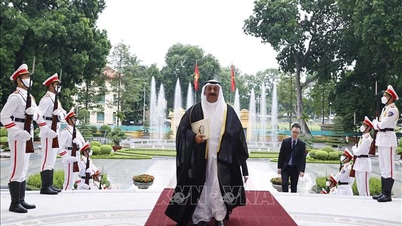
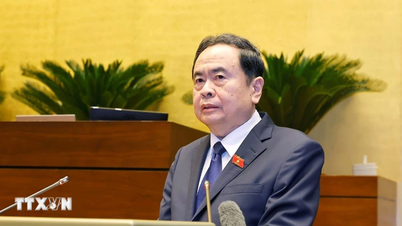
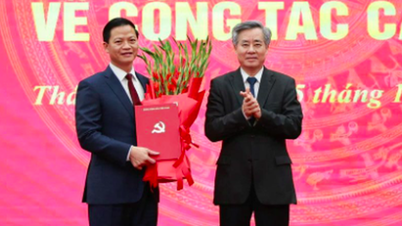

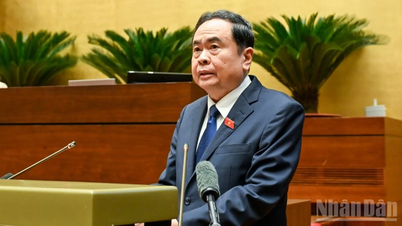





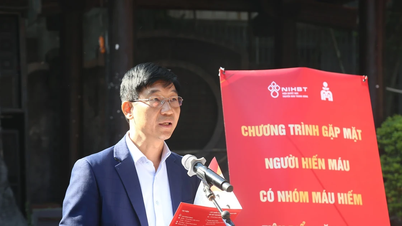

















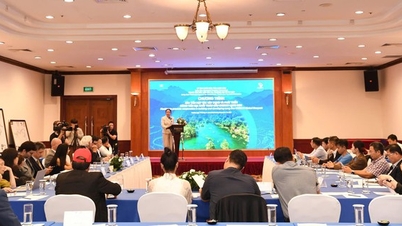









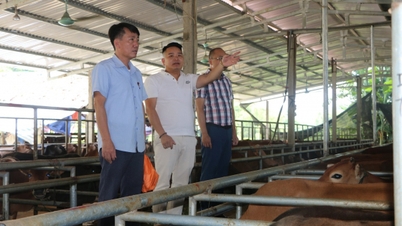

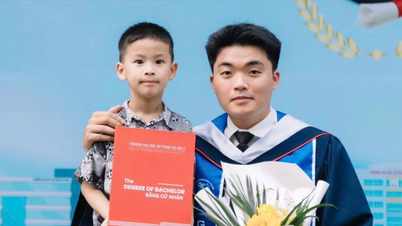

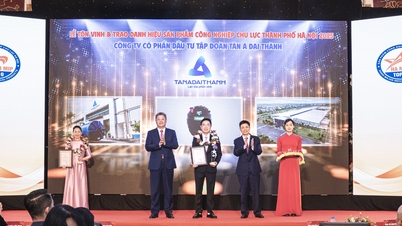


















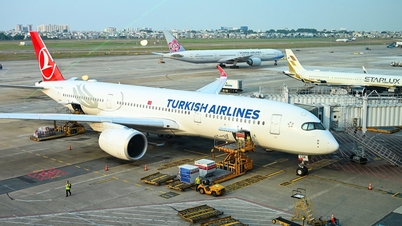
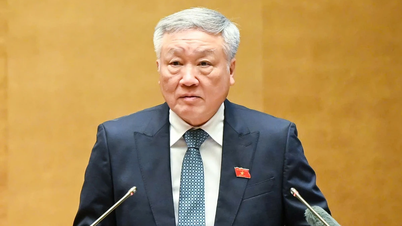


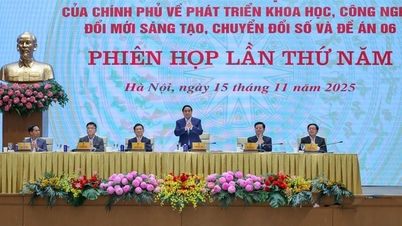
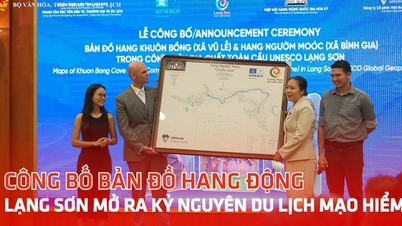
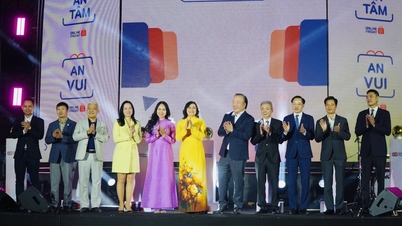




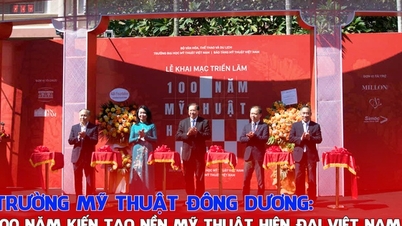


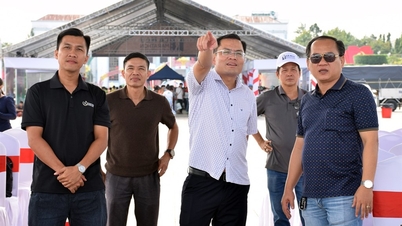


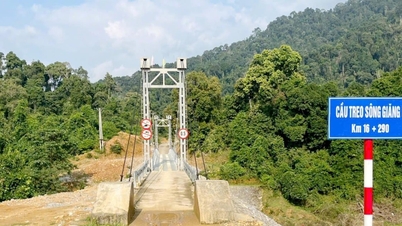









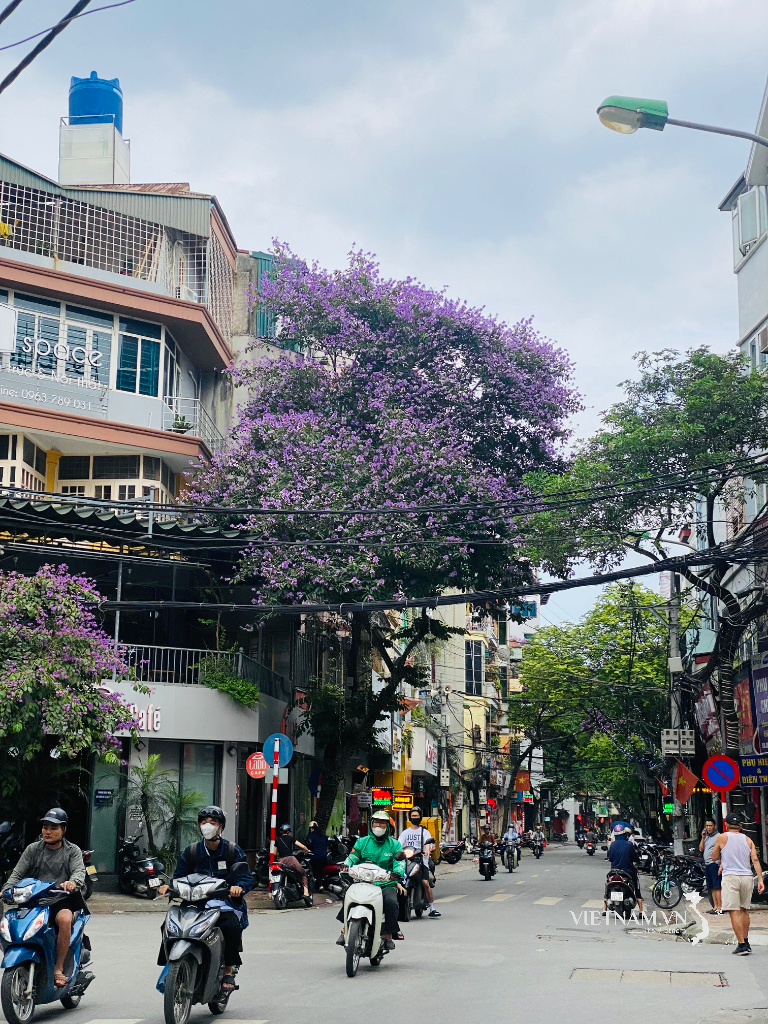
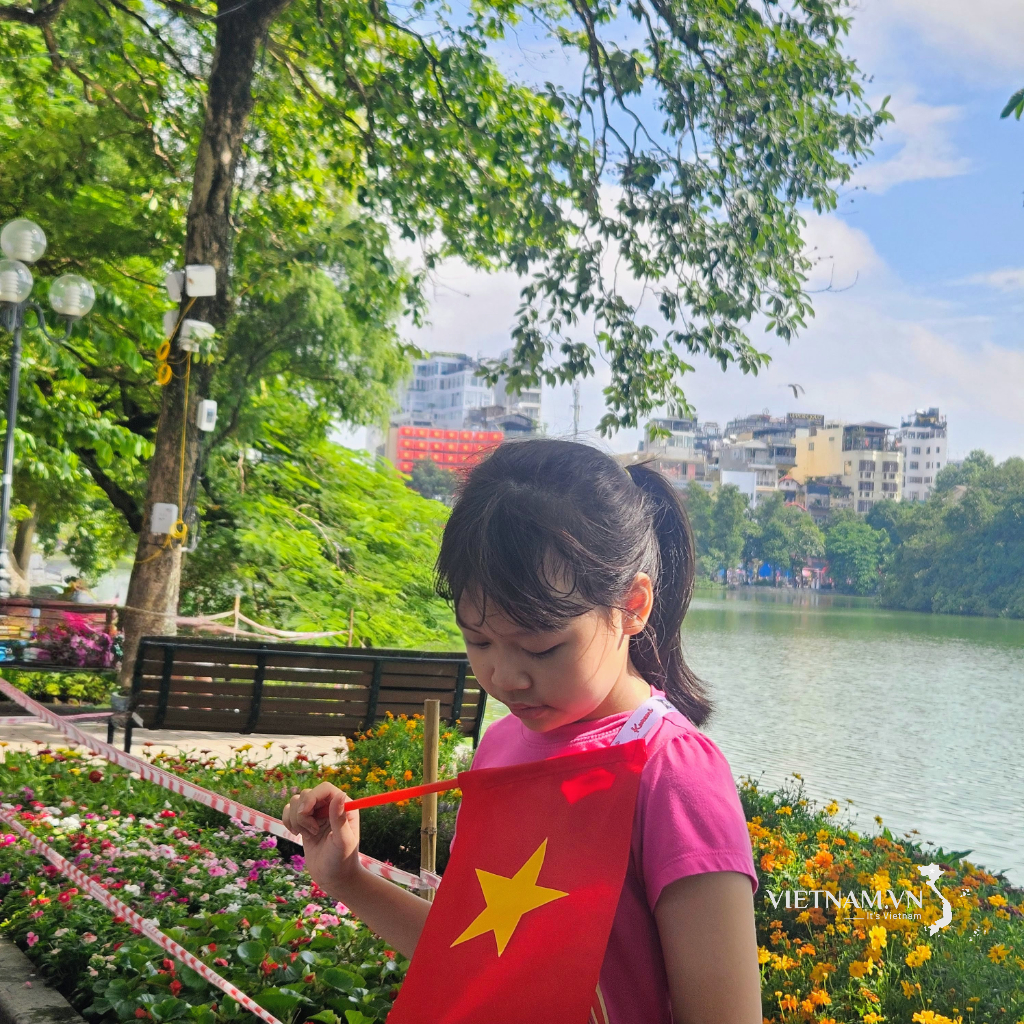

Comment (0)